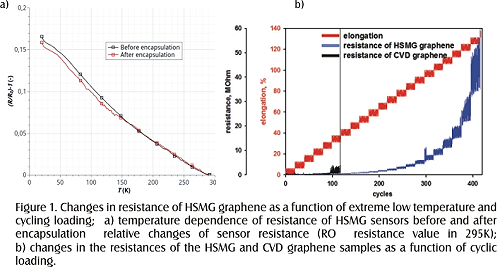
Piotr Kula
Lodz University of Technology, Poland
Title: High strength metallurgical graphene (HSMG®): Prospects for application in functional laminates and sensors
Biography
Biography: Piotr Kula
Abstract
Effective practical application of products made of graphene as the base material are contingent on the development of methods of manufacturing large-area graphene on an industrial scale, the structure and properties of which would be similar to theoretical ones. At the Lodz University of Technology, an original industrial method was developed of producing large-area sheets of graphene through its controlled growth from metallic liquid phase. Graphene produced this way is close to structural perfection, i.e. it is single-layered and quasimonocrystalline, which results in its very high cohesion confirmed in static and cyclic tests of tensile strength. The authors of the 2D material produced in this manner called it "High Strength Metallurgical Graphene"–HSMG®. Also disclosed were two alternative growth mechanisms of graphene from the liquid metallic phase, i.e. dendritic and cellular, which produce HSMG with different electrical properties–respectively conductive graphene (c-HSMG), and semiconductive graphene (sc-HSMG). The capabilities of HSMG® were indicated with respect to selective adsorption and chemisorption of gases-in particular hydrogen-from gas mixtures. With the described mechanical and physical properties, high strength metallurgical graphene is ideal for application as the reinforcing phase and at the same time functionally active phase in laminates. HSMG can be repeatedly transferred between different substrates; this offers prospects of supervised control over the distance between successive reinforcement layers in the polymer matrix. A separate area of potential application of HSMG® is sensing of gases and electromagnetic radiation. The success of graphene as an engineering material of the future depends on the creative creation of new generation devices, rather than on strenuous attempts we have seen so far to replace other components with graphene in pre-existing design solutions and technologies.


